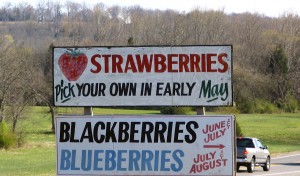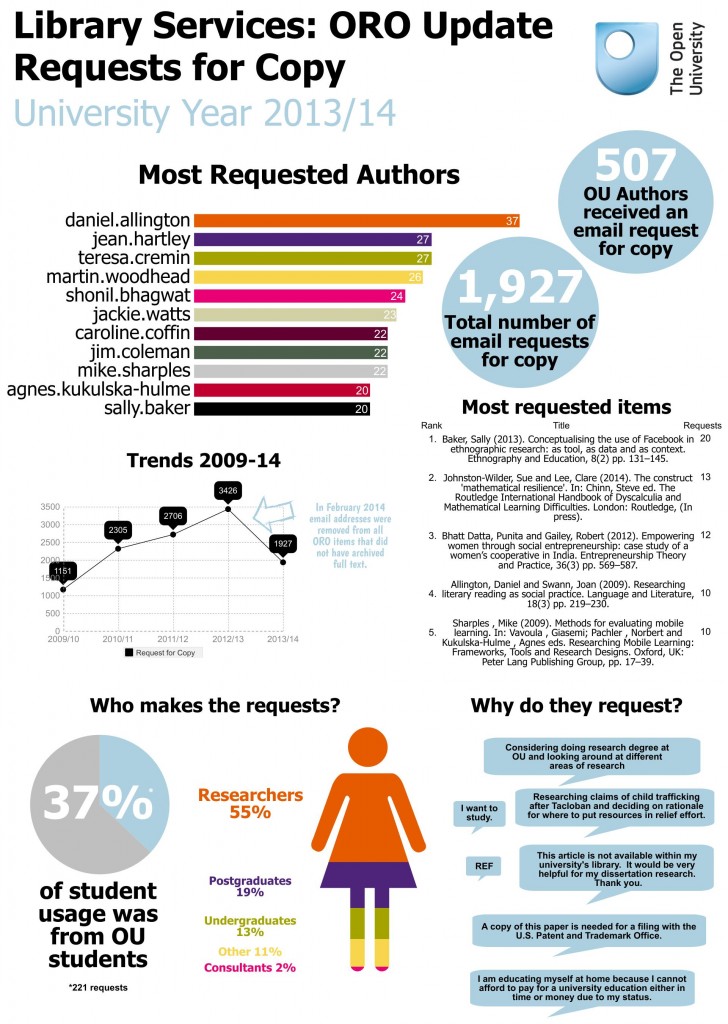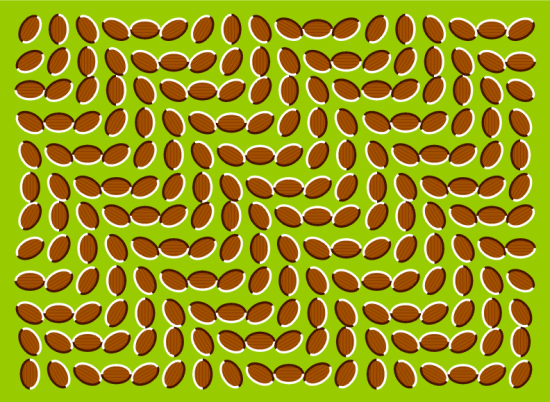…the data on the land.
No, this isn’t a disappointing re-mix of your favourite childhood hymn, rather a new  report entitled “The Data Harvest” which the European Research Data Alliance (RDA) has published this month. It’s an aspirational paper, which talks about the possibility of a global, virtual, science library which breaks down barriers and allows the sharing and re-use of data.
report entitled “The Data Harvest” which the European Research Data Alliance (RDA) has published this month. It’s an aspirational paper, which talks about the possibility of a global, virtual, science library which breaks down barriers and allows the sharing and re-use of data.
If you’d like to read the full version, it’s available at: https://www.rd-alliance.org/data-harvest-report-sharing-data-knowledge-jobs-and-growth.html
All good gifts around us…
The report begins rather poetically by describing the huge global increase in data with “data spilling from telescopes, gene sequencers and environmental monitors” and the “torrent from such diverse disciplines as sociology, economics and linguistics” and goes on to explain that as the quantity of data expands, the nature of science changes and…
“…problems that were previously not even recognised suddenly become tractable. Researchers who never met, at different institutions and in divergent fields, find themselves working on related topics. Work that previously plodded along from one experiment or hypothesis to another can accelerate”
And all the catalyst for this change? The ability to share this data. According to the RDA, this new wave of data will affect all members of society, from researchers to citizens, from public services to private businesses. New developments will create jobs, revenues and economic growth. While there is a cost involved in the short term, there is compelling evidence that economic return is significant.
The vision of the RDA is for a virtual digital library spanning the globe and disciplines, where data is stored, managed, annotated and curated. They describe this library as a…
“…technology that can turn the entire globe into one vast network of thinking, sharing, competing, collaborating and generally ‘doing’ together.“
A tall order, and the report acknowledges this, stating that this global infrastructure would require a shift in:
- “The way science works and scientists think
- How scientific institutions operate and interact
- How scientists are trained and employed
- The way data networks operate, data tools function, and the basic vocabulary of scientific data is parsed
- The way we handle problems of data privacy, security, ownership and ethics
- The international order for funding, coordination and regulation of scientific data”
Of course, such a huge shift in scientific practice is going to take time, and to start on the path to global research collaboration the RDA concludes this report with 7 key Dos and Don’ts for policy makers to stimulate work on data:
1. “Do require a data plan, and show it is being implemented.
2. Do promote data literacy across society, from researcher to citizen.
3. Do develop incentives and grants for data sharing, and use Horizon2020 also for this.
4. Do develop tools and policies to build trust and data-sharing.
5. Do support international collaboration.
6. Don’t regulate what we don’t yet understand.
7. Don’t stop what has begun well – continue to support the effort, expense and brainpower that will make the harvest abundant for all to enjoy.”
The RDA certainly proposes an ambitious vision for the future, but as the report points out, science has moved incredibly swiftly in the past half a century, so perhaps this ambition is realistic. After all, we have already begun to “sow the seeds” with the government’s push for open data, the policies of the publicly funded research councils, and now the EU’s research data policy for Horizon 2020.
 On a personal note, as someone actively engaged in promoting the benefits of data sharing, I found this an inspirational read – seeing such an ideal vision for the future makes the hard work of changing attitudes to data sharing feel much more worthwhile and achievable.
On a personal note, as someone actively engaged in promoting the benefits of data sharing, I found this an inspirational read – seeing such an ideal vision for the future makes the hard work of changing attitudes to data sharing feel much more worthwhile and achievable.
The RDA’s vision for the future will be a sweet fruit to harvest when it finally ripens.




